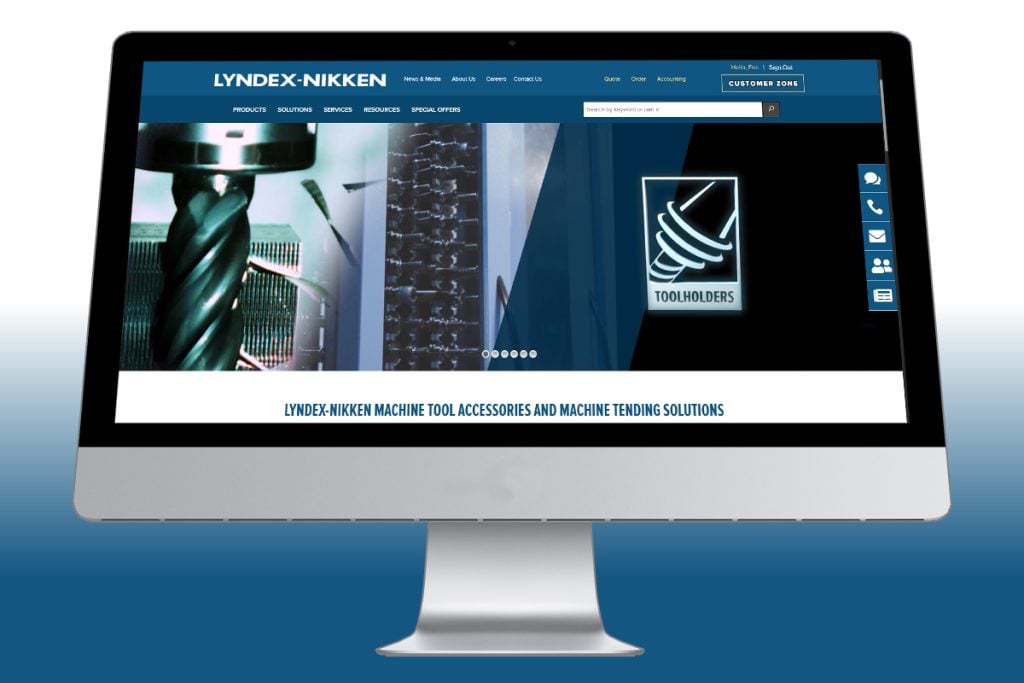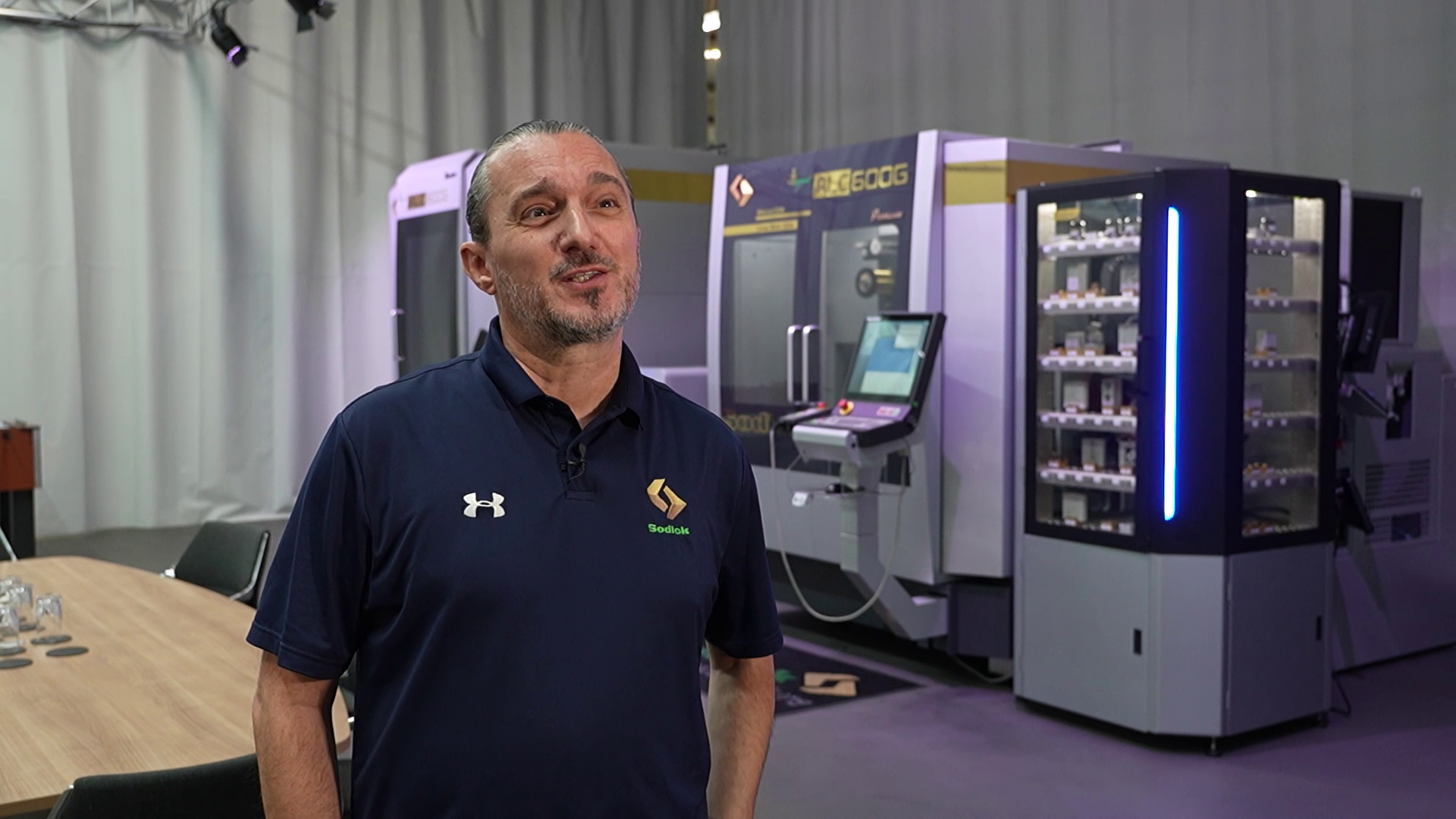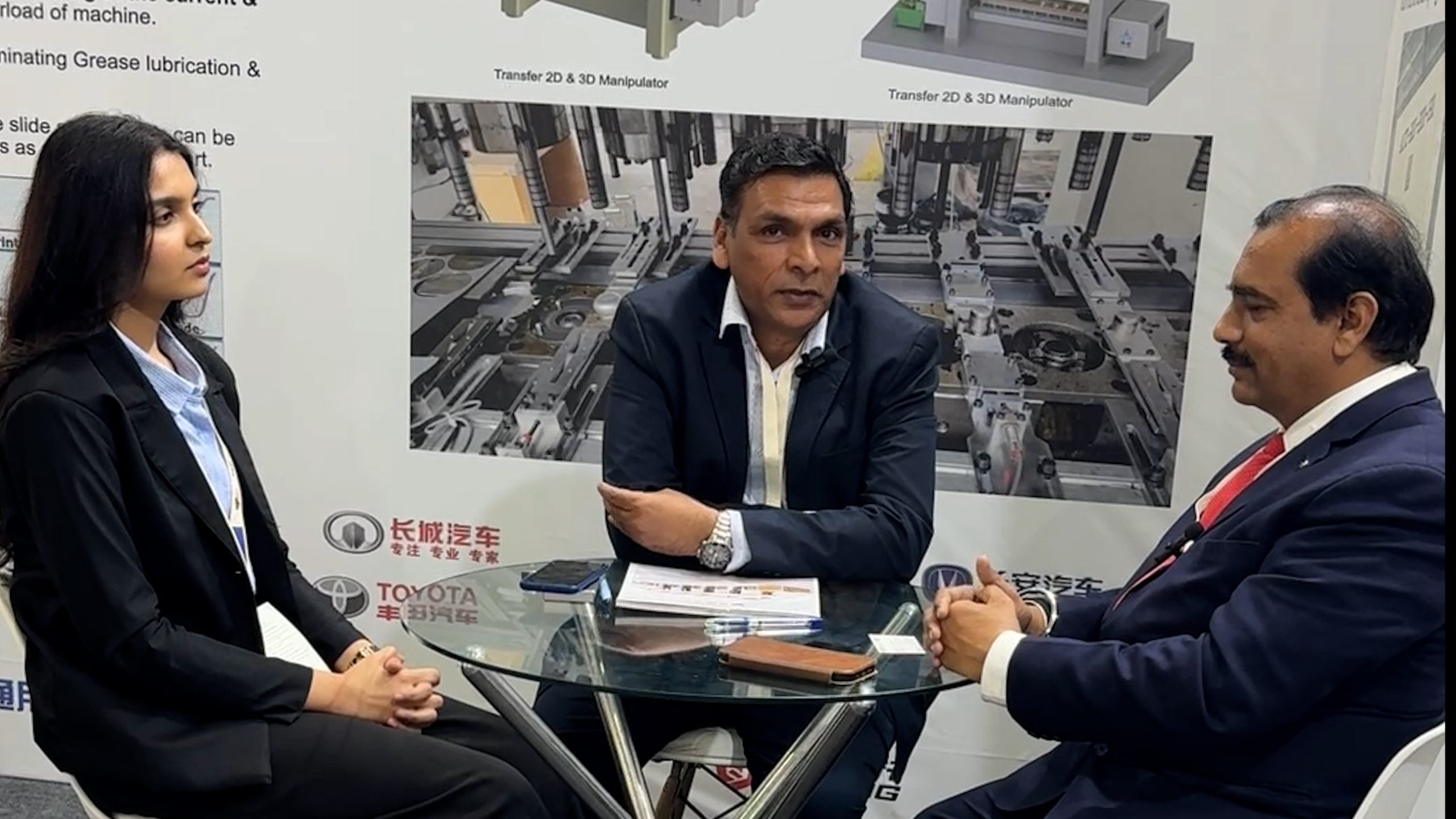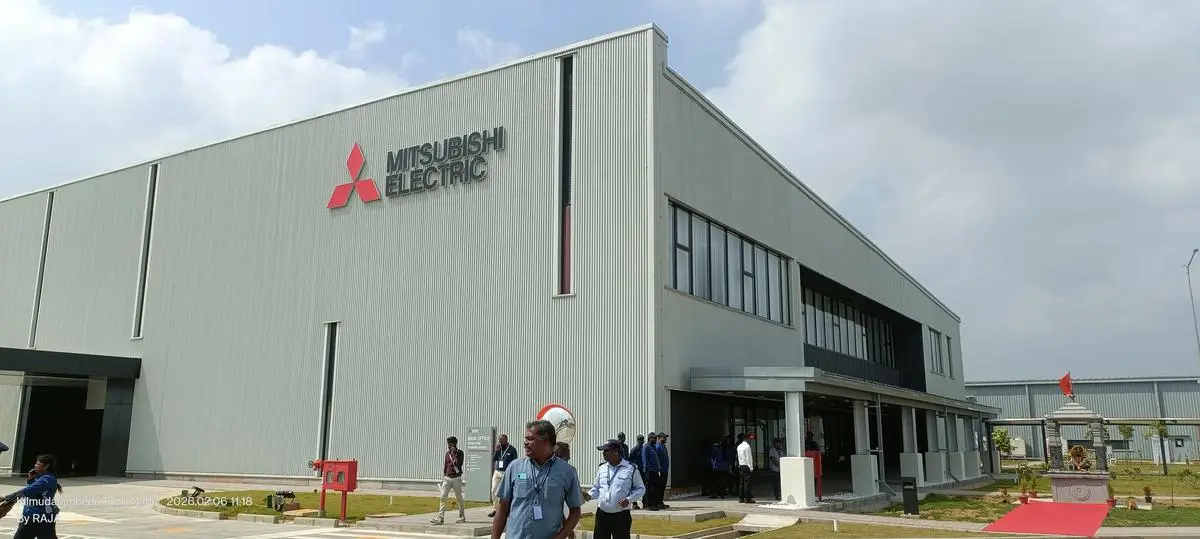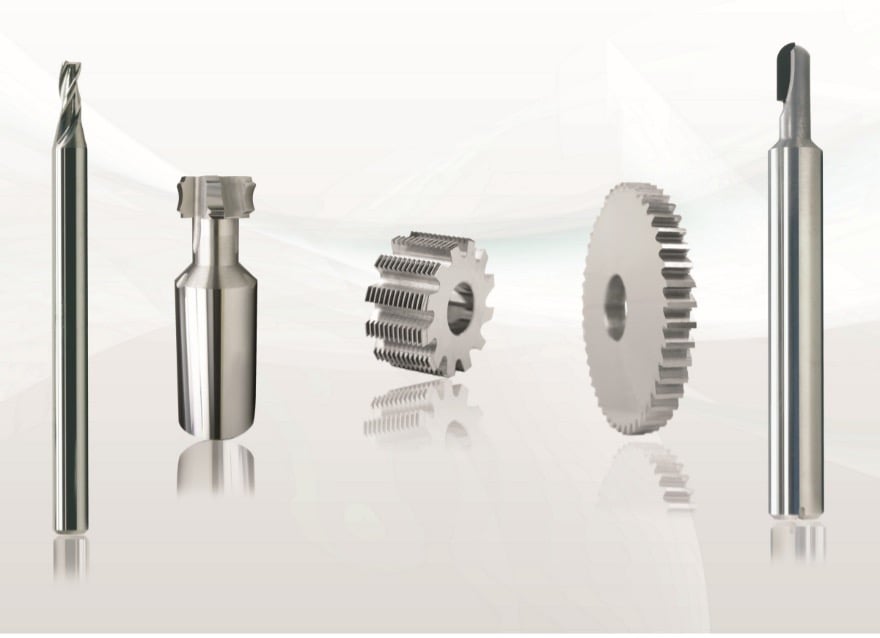
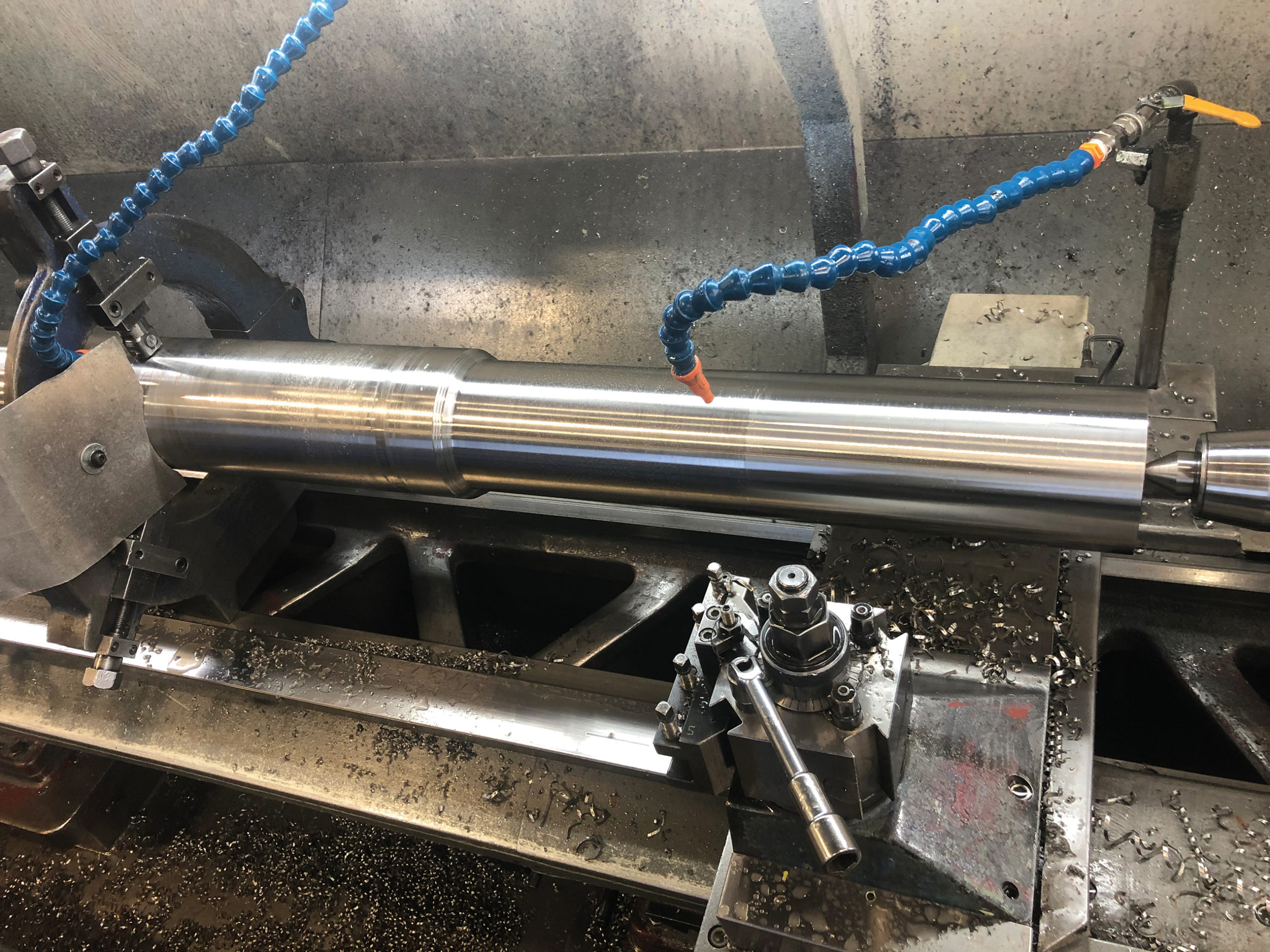
As a world leader in fluid engineering technology, Sulzer has a network of 180 manufacturing facilities and service centres across the globe. With more than 25 service and manufacturing facilities in the UK; Sulzer recently committed to a three-year contract with metalworking and MRO company MSC Industrial Supply Co. (MSC).
Sulzer witnessed indifferent levels of support from its previous integrator of consumable products and moved to change its supplier during the pandemic. It was only a matter of weeks from signing the contract before MSC was identifying hundreds of thousands of pounds of potential savings.
The initial phase of the contract will see MSC implement vending solutions into two of Sulzer’s largest UK manufacturing sites in Birmingham and Leeds with bespoke solutions being gradually introduced at Sulzer’s other UK sites. The strategy of primarily focusing on the manufacturing sites is because this is where the biggest cost savings can be achieved. MSC Application Engineer Stuart Wiezniak was tasked with identifying ‘cost down’ improvements and with the expertise, a choice of suppliers, hundreds of best practice reference points and a 15 strong application engineering team, MSC identified productivity gains and ‘cost down’ savings that would shatter the contractually obliged target on just two machine tools at the Sulzer Leeds manufacturing site.
During the initial site ‘walk-around’, MSC’s Stuart was introduced to the Sulzer Leeds machine shop and staff and early conversations identified concerns over a new project that was turning a 4m long inconel shaft for a new high-pressure pump product line. Currently turning hundreds of 3 to 4m long Super Duplex shafts, the introduction of inconel raised concerns for Sulzer. With hundreds of shafts turned annually, Stuart said. “We had the perfect foundation for trialling MSC’s extensive range of tools. We selected premium carbide grades for inconel machining, achieving marginal gains on the speeds, feeds and overall cycle times. To attain the ‘step-change’ we really wanted, we had to look at ceramic tooling.”
With the extensive range of Japanese ceramic cutting tools from ceramic tool experts NTK recently being added to the MSC range, Sulzer adopted a paradigm shift in strategy. “With the machine fully prepared for trials, we worked closely with NTK’s Glyn Shaw and Sulzer’s Machine Operator and Programmer Jamie Fieldhouse, a genuine team effort.”
With an initial batch of five inconel 625 shafts to be machined from a 200mm diameter by 4m billet down to a range of stepped diameters from 100 to 180mm, the shafts require considerable material removal volumes. Rough machining the shafts to just leave +2mm for semi-finish turning, the best carbide turning results typically yielded a finish machining time of 14 hours and 1 minute. This was achieved by applying cutting depths from 1 to 3mm with cutting speeds (Vc) of 40 to 50m/min and machining speeds of 80 to 200rpm.
The Ceramic Step Change
As MSC’s Stuart confirms: “We selected NTK’s Bidemic range of inserts and in particular the JX1 grade with a round RNMG12 insert geometry. This was because the new patented Bidemic range offers better wear and notching resistance compared to whisker ceramic grades.”
“The NTK trials started at a cutting speed of 250m/min, but we found the optimal speed for this job at 370m/min, a massive increase from 40 to 50m/min with carbide. We also increased the spindle speed from 80 to 200rpm to over 740 to 1000rpm depending upon the diameter being turned. Cutting with an average depth of 1.5 to 2mm, we reduced the rough machining time on the five inconel 625 shafts from 14 hours to 2 hours and 4 minutes per shaft. This yielded a Material Removal Rate (MMR) of 222cm³/min up from the previous rate of 30cm³/min.”
Aside from a nominal annual tooling cost increase of less than £1000, the six-figure financial savings justify the tool cost increase. As MSC’s Stuart continues: “From discussions with Sulzer, they have already identified more than 170 forward orders for the next 12 months for this particular pump. Based on our accurate CAM and cutting tool data, we project that we will reduce annual machining costs by 85%, reduce machining times by 85% and reduce the cost per part by 8%. To qualify this, total cutting hours will fall from 2380 per annum to less than 350 and this doesn’t include set-up and tool change reductions. This will yield a significant six-figure financial saving for Sulzer on the production of forward order inconel 625 shafts and the respective pumps.”
With trials already successfully implemented, the cutting data has also been adapted for Sulzer’s Harrison large bed turning centre that presently has more than 100 Super Duplex shafts scheduled for production. “Whilst Super Duplex has a somewhat different and softer composition than inconel, it is still an extremely difficult material to machine. We have already started work on this and we are fully confident that we will replicate the ‘7-times’ overall cycle time reduction from the inconel parts – doubling our already ‘fantastic’ results.”




